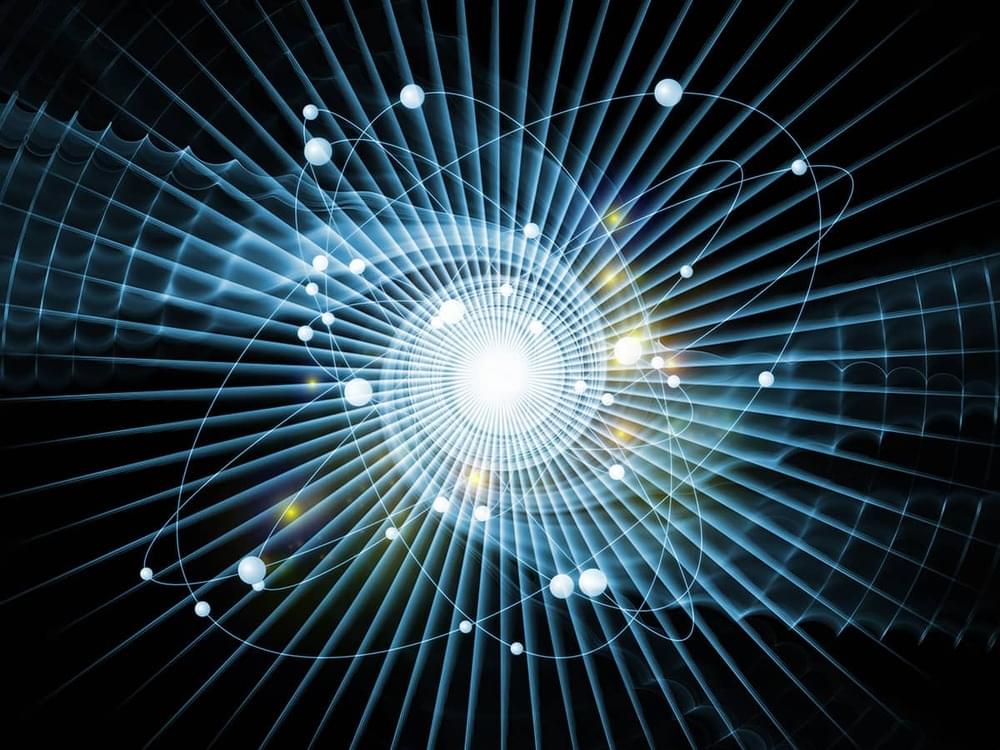An international team of physicists has succeeded in measuring a property of the electron known as topological spin winding for the first time. The team obtained this result by studying the behaviour of electrons in so-called kagome metals, which are materials that have unique quantum properties related to their physical shape, or topology. The work could advance our understanding of the physics of superconductors and other systems that contain strongly correlated electrons.
Kagome metals are named after a traditional Japanese basket-weaving technique that produces a lattice of interlaced, symmetrical triangles with shared corners. When the atoms of a metal or other conductor are arranged in this kagome pattern, their electrons behave in unusual ways. For example, the wavefunctions of the electrons can interfere destructively, resulting in highly localized electronic states in which the particles interact strongly with each other. These strong interactions lead to a range of quantum phenomena, including magnetic ordering of unpaired electrons spins that can produce, for example, ferro-or antiferromagnetic phases, superconducting structures, quantum spin liquids and abnormal topological phases. All these phases have applications in advanced nanoelectronics and spintronics technologies.
In the new work, researchers led by Domenico Di Sante of the University of Bologna in Italy studied the spin and electronic structure of XV6Sn6, where X is a rare-earth element. These recently-discovered kagome metals contain a Dirac electronic band and a nearly flat electronic band. At the point at which these bands meet, an effect called spin-orbit coupling creates a narrow gap between the bands. This spin-orbit coupling also creates special type of electronic ground state at the material’s surface.
